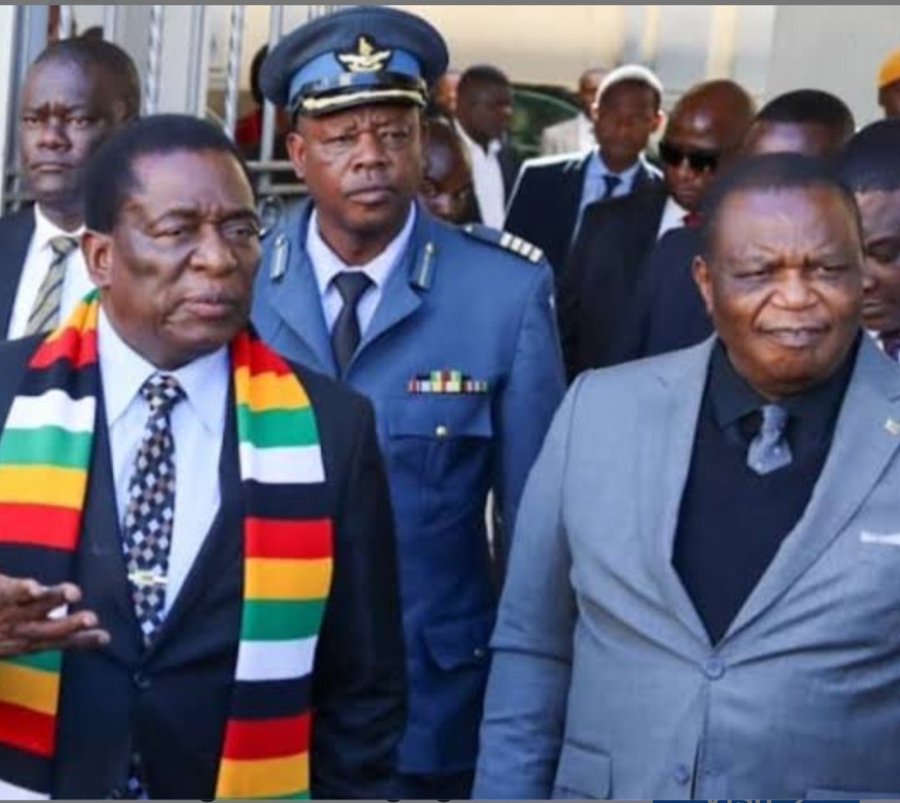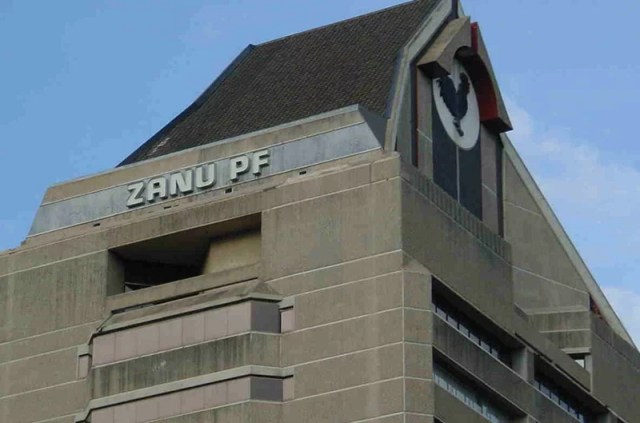INNOCENT BUT ACCUSED: THE WRONGFUL ARREST OF NAMATAI KWEKWEZA

Sometimes, people are arrested or even convicted for crimes they did not commit. This is a serious injustice. Being falsely accused and punished for something a person did not do is unfair and causes a lot of pain. Sadly, this happens often. There are many reasons why someone could be wrongly accused. These include mistaken identity, false testimony, weak evidence, or even having a poor defense lawyer. Sometimes, prosecutors focus too much on one person and ignore other important facts.
This is what happened to Namatai Kwekweza, a well-known human rights activist from Zimbabwe. On 1 August, she was taken off a flight to Victoria Falls at Robert Gabriel Mugabe International Airport in Harare. Namatai is known for fighting for human rights in Zimbabwe. She has been harassed by the police before. In 2023, she won the Kofi Annan NextGen Democracy Prize because of her hard work in supporting democracy and human rights. Despite her good work, she was arrested along with three other activists: Robson Chere, Samuel Gwenzi, and Vusumuzi Moyo.
They were accused of being part of protests that asked for the release of an opposition leader named Jameson Timba and 78 other people. The government said these protests caused trouble near the court. Timba and the others had been arrested because they were marking Youth Day on 16 June at a house in Avondale, Harare. The government has been taking strong actions against civil society and opposition activists, especially with an important Southern African Development Community (SADC) summit happening in Harare on 17 August. President Emmerson Mnangagwa has a lot to protect politically in this summit.
After the arrest, it was reported that Chere was badly tortured and may have even suffered kidney damage. Chere and the others are facing charges under Zimbabwe’s Criminal Law (Codification and Reform) Act. The government claims that on 27 June, Kwekweza and the others protested at the Harare magistrate’s court. They are accused of disturbing public peace by disorderly conduct.
However, new evidence shows that Kwekweza was not even in Harare on the day of the protest. Travel records show that she left Harare on 23 June 2024 on an Airlink flight to South Africa. She only came back to Harare on 28 June 2024 on a Fastjet flight. This means that she was not in the country when the protests happened. No person can be in two places at the same time, which makes it clear that Kwekweza could not have committed the crime.
This wrongful arrest has caused Kwekweza a lot of suffering. She has lost her freedom and faced physical and emotional pain. She is also dealing with the financial cost of the legal process. Her reputation has been damaged, and her relationships with other people might be hurt because of this situation.
In a fair legal system, a person is supposed to be innocent until proven guilty. This is an important part of the rule of law and due process. But in Zimbabwe, it seems that people are treated as guilty until they prove they are innocent. This is not the first time something like this has happened. Another activist, Job Sikhala, also faced a similar injustice. His case was a big example of how the legal system in Zimbabwe can go wrong and hurt innocent people.The case of Namatai Kwekweza is a sad reminder of how fragile justice can be. It shows how important it is to have a legal system that respects the rights of people and treats everyone fairly. No one should have to suffer for a crime they did not commit.

